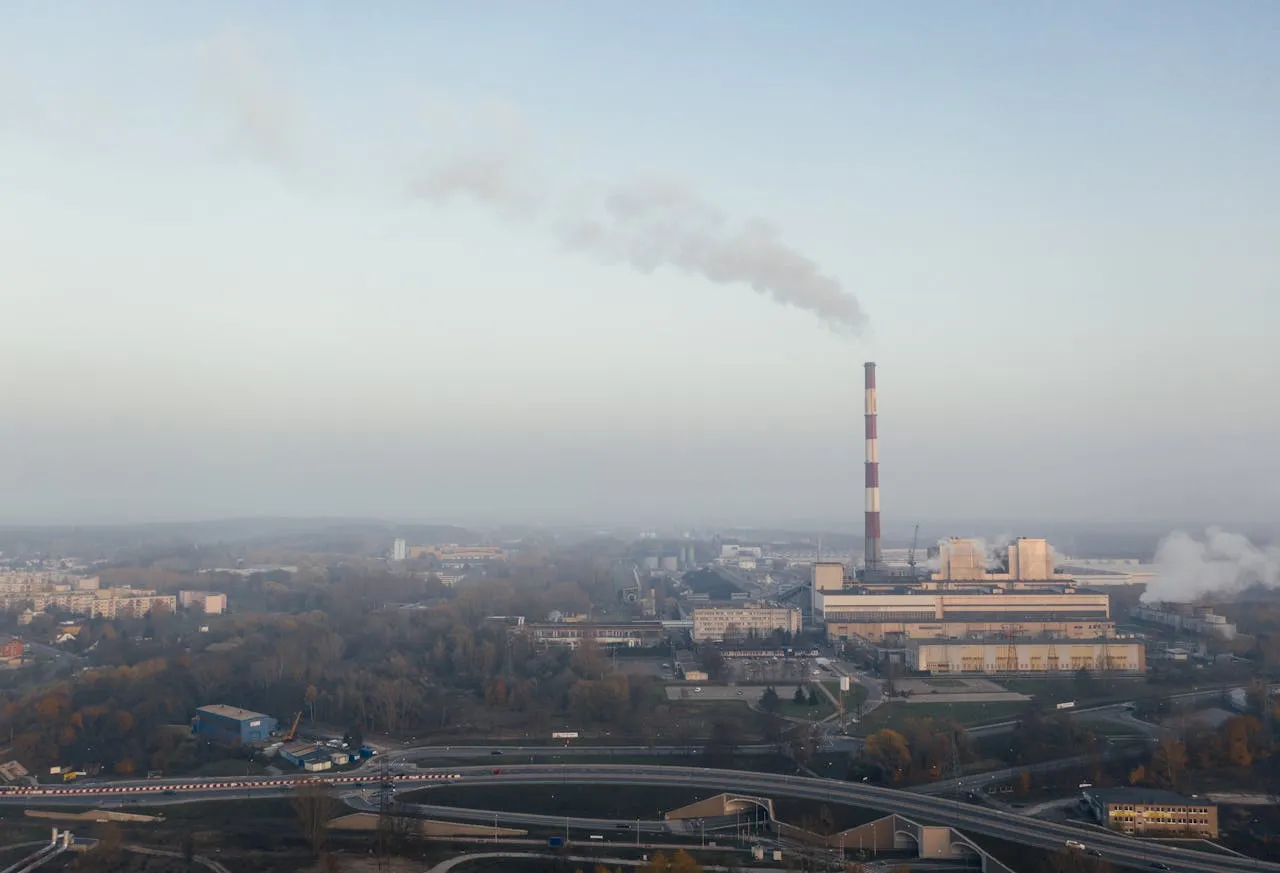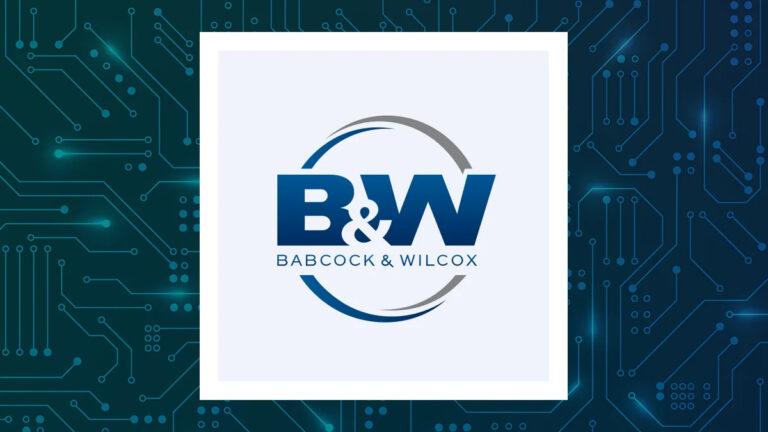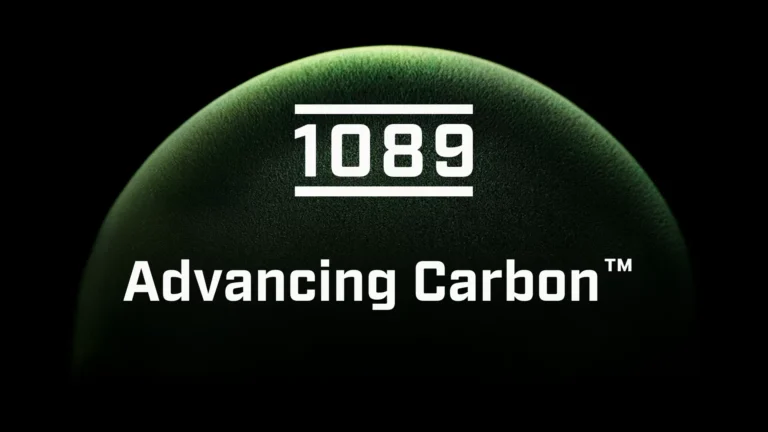
Last Mile Production Converts Oil & Gas Decommissioning Liabilities into Financeable Climate Assets through Insured Carbon Tokens
Last Mile Production LLC has announced a pioneering achievement in the intersection of energy transition, digital traceability, and climate finance. The company successfully completed the sale of insured, high-integrity carbon tokens generated from the full decommissioning of an oil and gas facility in West Texas. This initiative marks a transformative moment in environmental and energy innovation—where end-of-life fossil fuel assets are not merely dismantled, but converted into financeable, insured climate commodities that support global decarbonization goals.
The project centered on the Christopher Facility, a deep gas site in West Texas, which underwent a rigorous Plug and Abandonment (P&A) process. This engineering-led operation permanently neutralized both current and future methane emissions. Methane (CH₄) is a greenhouse gas more than 25 times as potent as carbon dioxide (CO₂) in trapping heat in the atmosphere, making its avoidance and elimination one of the most powerful levers for near-term climate impact.
All emissions reductions from the decommissioning were independently verified by a third-party accredited auditor under the ISO 14064-3 and CORSIA frameworks, ensuring methodological transparency, international compliance, and scientific integrity.
Turning Legacy Energy Liabilities into Climate Finance Assets
The carbon tokens were created under the Blu Diamond Standard, a next-generation framework that combines engineering assurance, independent verification, and insurance underwriting to deliver climate assets that meet institutional and market-grade standards. Global insurers underwrite the tokens, transforming verified environmental outcomes into bankable commodities with recognized permanence and credibility.
This insurance component is key: it provides a financial guarantee of the carbon benefit’s integrity and longevity, thereby enabling price discovery and investment integration across voluntary and emerging compliance carbon markets. For institutional investors, project developers, and energy companies, these tokens represent a pathway to convert decommissioning obligations into measurable, monetizable sustainability assets that can be traded, securitized, or integrated into ESG portfolios.
“This achievement proves oil and gas can lead in measurable, financeable climate action,” said Zach Wagner, CEO of Last Mile Production. “By integrating digital traceability, we’ve created a repeatable blueprint that converts decommissioning liabilities into globally recognized, insured environmental assets. This isn’t just compliance—it’s a profitable, scalable sustainability strategy.”
Building a Scalable, Repeatable Global Model
Last Mile’s work demonstrates a replicable model for engineered methane avoidance, setting a precedent for oil and gas operators worldwide. Each credit is digitally traceable, dual-custody verified, and supported by AI-driven monitoring and third-party auditing. The lifecycle of every carbon asset—from engineering intervention to insurance activation to market transfer—is fully auditable and regulatory-ready.
This integrated verification and governance model allows decommissioning projects across the globe to be standardized and scaled, turning a long-standing environmental liability into a climate-positive economic opportunity. With growing global demand for high-integrity carbon credits, Last Mile’s framework is positioned to accelerate capital flows into verifiable, technology-backed emission reduction projects.
The Blu Diamond Ecosystem: Engineering, Governance, and Intelligence
At the core of this innovation is the Blu Diamond ecosystem, a comprehensive architecture that unites engineering science, fiduciary governance, and digital intelligence.
Blu Clarity enhances this ecosystem through:
- Fiduciary Governance: Embedding accountability and transparent risk transfer across the entire lifecycle of insured carbon tokens.
- Deterministic Insurance: Providing real-time, data-driven coverage to ensure permanence and enforceable integrity.
- Institutional Assurance: Delivering insured carbon tokens recognized as financeable, enforceable, and tradable assets in global markets.
Enovate AI, another integral component of the system, powers deterministic risk analytics and engineering intelligence. By transforming operational and environmental data into fiduciary-grade metrics, Enovate AI enables:
- Predictive Intelligence: Real-time risk detection and response.
- Deterministic Modeling: Auditable, ISO/CORSIA-verified data frameworks.
- Decision Confidence: AI-driven assurance that aligns projects with international standards for permanence and verifiability.
Meanwhile, Cumulus, a process integrity platform, ensures that each action within the decommissioning and credit creation workflow is enforced, traceable, and auditable.
Its key features include:
- Workflow Enforcement: Every operational step is guided and locked.
- Immutable Traceability: A complete, verifiable audit trail from origin to retirement.
- Audit & Insurance Integration: Real-time validation and underwriting linkage, maintaining market-grade credibility and transparency.
Institutional Blockchain Backbone: Canton Network
To provide institutional-grade data security and transactional integrity, Last Mile Production has selected the Canton Network—a blockchain built for regulated financial markets—as the foundation for anchoring both environmental data and financial transactions.
Each Blu Diamond carbon token is digitally notarized, time-stamped, and recorded on the Canton Network, ensuring a tamper-evident, immutable audit trail under Blu Diamond’s governance protocols. The network’s architecture enables:
- Atomic Settlement: Simultaneous execution of environmental and financial transactions.
- Privacy-Preserving Traceability: Protection of sensitive operational data while maintaining transparent oversight.
- Interoperability with Capital Markets: Seamless integration with financial institutions and trading platforms, ensuring that carbon assets are managed with the same rigor and security as traditional financial instruments.







